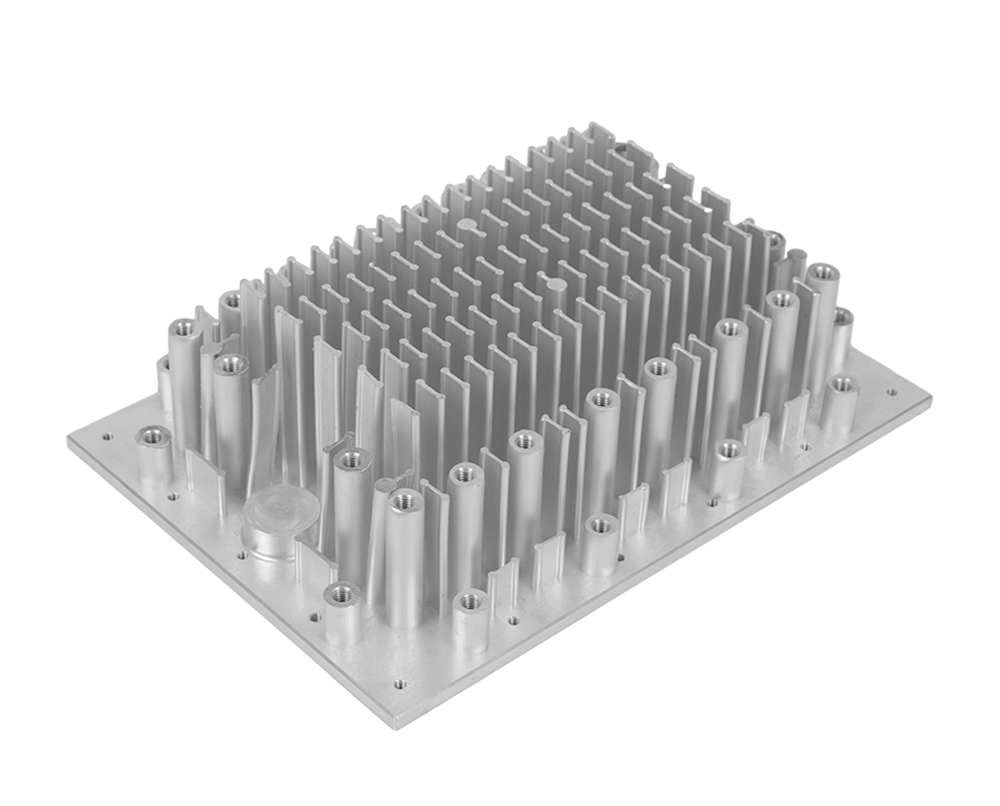2024-01-04 hits:0 source:News

Traditional zinc alloy die-casting includes alloys 2, 3, 4, and 5/7, with the most widely used being zinc alloy 3. In the 1970s, high aluminum based alloys ZA-8, ZA-12, and ZA-27 were developed.
Zamak3: Good fluidity and mechanical properties. Applied to castings with low mechanical strength requirements, such as toys, lighting fixtures, decorations, and some electrical appliances. Zamak5: Good fluidity and mechanical properties, suitable for castings with certain requirements for mechanical strength, such as automotive parts, electromechanical parts, mechanical parts, and electrical components.
Zamak2: Used for mechanical parts with special requirements for mechanical performance, high hardness requirements, good wear resistance, and general dimensional accuracy requirements.
ZA8: It has good impact strength and dimensional stability, but poor fluidity. Applied to die-casting workpieces with small dimensions, high precision and mechanical strength requirements, such as electrical components.
Superloya: With the best fluidity, it is suitable for die-casting thin-walled, large-sized, high-precision, and complex shaped workpieces, such as electrical components and their boxes.
The above are commonly used zinc alloy die-casting materials. After reading them, I believe you have also learned a lot. If you have customized requirements for die-casting, you can consult online at any time.
Read recommendations:
aluminum window extrusions suppliers
zinc pressure die casting Factory
lf you have any questions or comments, you can leave us a message and we will reply to you as soon as possible
